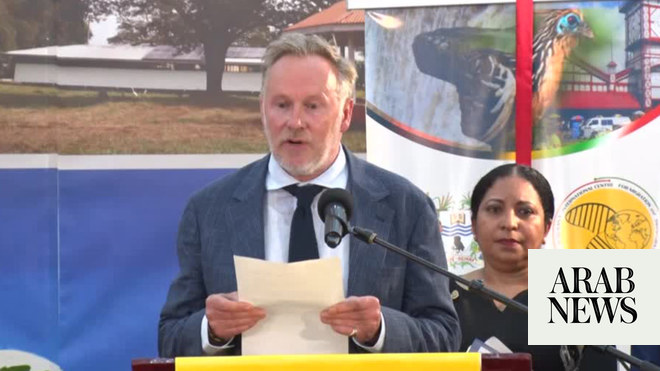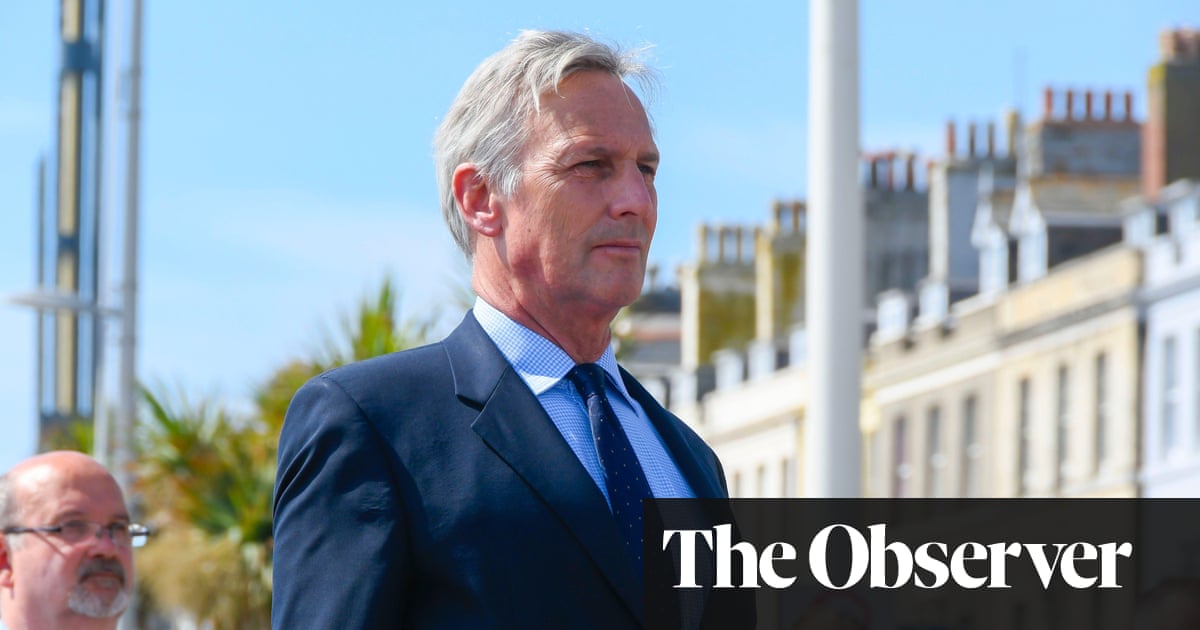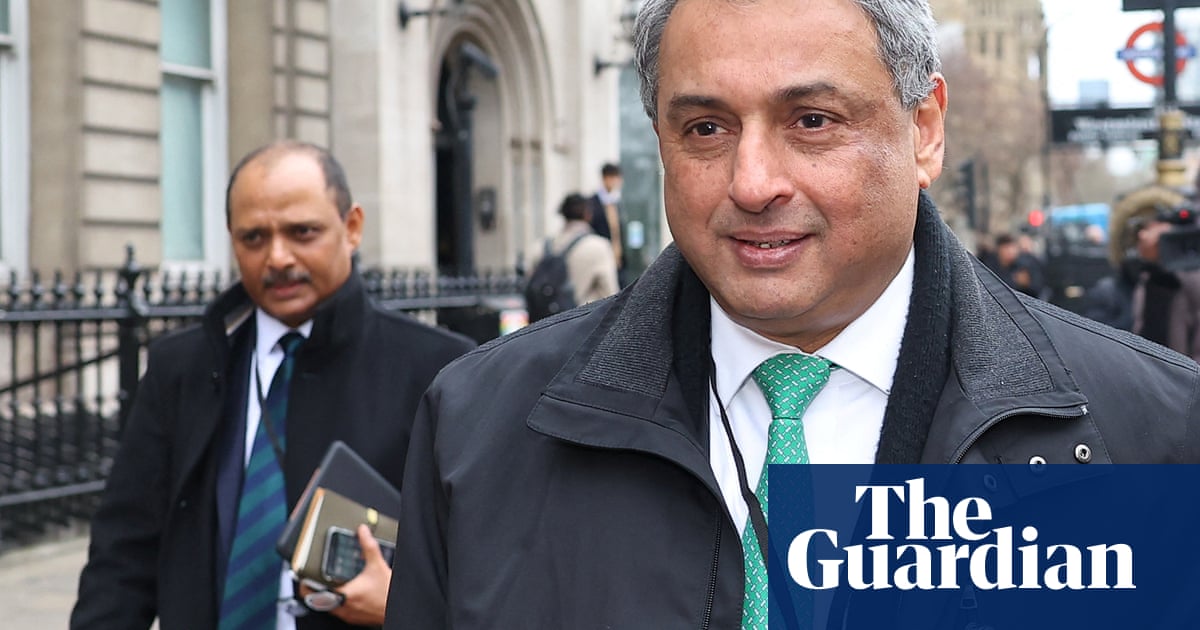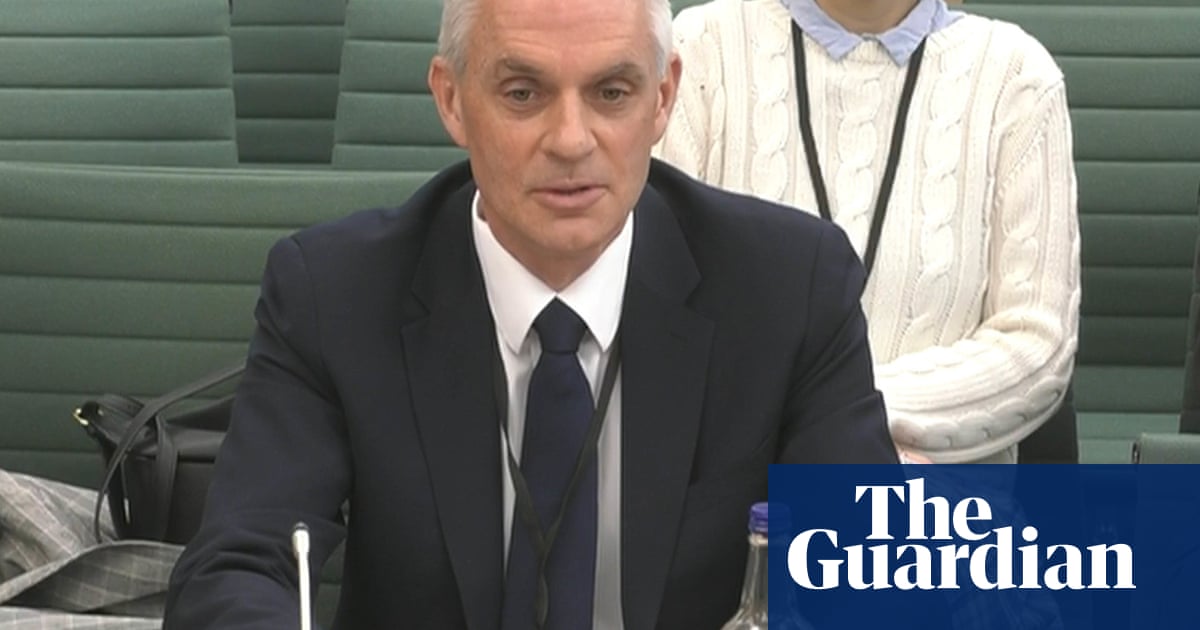
Hartwig Fischer, the director of the British Museum, has defended his decision to move a bust of the museum’s slave owning founding father, after criticism the decision did little to address structural racism at the institution.
As the museum in central London prepares to reopen after the coronavirus lockdown, a likeness of Sir Hans Sloane – whose collection was partly funded by enslaved labour on Jamaican sugar plantations – was moved from its stand in the Enlightenment gallery to an adjacent cabinet, which contains panels that explain Sloane’s collection was built on “European imperialism”.
Fischer said the move was part of the next step of the museum’s work to place its connections to colonialism and slavery “very openly at the heart of the museum” and he said he wanted to put Sloane and his legacy in the “limelight”.
Sloane, who married a wealthy sugar plantation heiress and whose artefacts provided the starting point for what became the British Museum, is honoured by numerous place names in the capital, including Sloane Square.
But the move was criticised for ignoring the calls for the museum to take more direct steps to address concerns over race at the institution, such as diversify its curatorial team – it has one black curator at present – and return stolen artefacts, such as the Benin bronzes, which were looted in 1897.
Dan Hicks, the curator of world archaeology at the Pitt Rivers Museum in Oxford and author of the forthcoming book The Brutish Museums, said he welcomed the museum discussing its past, but said a thorough decolonisation process “must involve more than curators rewriting the labels”.
He said: “As far as I know, there were no public calls for Hans Sloane’s bust to be moved from one part of the museum to another. Instead the BLM calls are for the permanent return of stolen objects to Africa, and for the British Museum to take effective action to diversify its curatorial team.”
Hicks added that the new text panels accompanying the bust fail to say the British Museum’s connections with colonialism continued long after its foundation in 1753, and “continue into the present”.
Fischer said the museum is part of the Benin Dialogue Group, which is working with the kingdom of Benin on loaning objects back to Nigeria, and defended what he called the museum’s “impressive track record” on preserving cultural heritage.
The director confirmed the British Museum’s movement of its founding father was triggered in part by the wider discussion about racism that followed George Floyd’s death. He said: “I’d say this is an ongoing process and this is a very important step we’re taking there. But it’s in the context of an overall research into the history of our collection.”
But he added that he had another responsibility to “maintain what is probably the world’s greatest place to learn about the history of humankind in all its complexity and richness, diversity and interconnectedness”.
Fischer said there was no plan to return stolen items from the British Museum’s collection, but added that the museum had a responsibility to be “fully engaged in dialogue” with museum’s around the world and in particular in South America, Central America, Africa and Asia.
Fischer said that criticism that the museum’s support for the Black Lives Matter movement was “performative” and hypocritical was misplaced. In June, he was heavily criticised after writing a blogpost that stated that the museum was “aligned with the spirit and soul of Black Lives Matter everywhere”.
“I was completely serious when I published that blog,” he said. “And I think if you ask the members of the black community from around this country and from around the world that we work with, they will tell you that I’m sincere about this.”
Sloane’s collection also helped set up the Natural History Museum, which told the Guardian it has started a review to “understand the history of our institution” and its connections to colonialism and imperialism.
“We will use this research to take a detailed look at our collection and our history so we can tell the full story of the origins of the collection and the people represented in the museum,” the spokesperson added.
Fischer was speaking on the same day the British Museum announced it was reopening on 27 August with severely reduced capacity after the Covid-19 outbreak. Only 2,000 people will be allowed into the museum each day, which will give visitors access to about 9,000 items from its 80,000-piece collection.
Fischer said the museum was abiding by UK government guidelines by capping the number of visitors, making people book tickets in advance and imposing a one-way system, which he said made visitors see the collection differently.
He said: “I’ve done this several times to test it and it blew my mind. It was so fascinating and exciting. You discover so many things. You discover them anew, you see them differently because of that. I didn’t expect it but this is what happens.”












